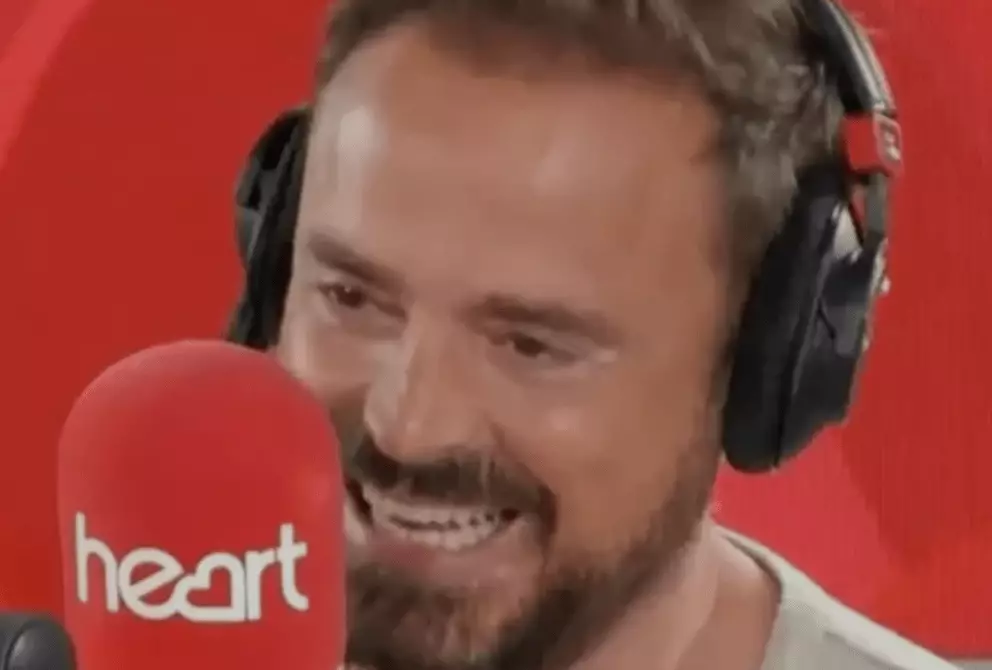UK radio personality Jamie Theakston has made a commendable return to broadcasting following an intensive battle with cancer. For several months, Theakston underwent treatment for laryngeal cancer, a diagnosis that significantly altered his life and career. Theakston co-hosts the Heart Radio breakfast show alongside Amanda Holden, a role that has defined his two-decade presence in the media landscape. His journey not only highlights his resilience but also underscores the emotional connections formed between broadcasters and their audiences.
What sets Theakston’s story apart is the profound influence of his loyal listeners. In an era dominated by rapid changes in media consumption, the impact of individual engagement remains remarkable. Theakston credits several attentive listeners for motivating him to seek medical attention after they noticed a subtle change in his voice. This interaction illuminates the often-overlooked relationship between broadcasters and their audience, where genuine concern can lead to life-saving actions. “You do the show for 20 years, and you get a sore throat and it comes and goes,” Theakston remarked. His reflective acknowledgment of this connection demonstrates the platform’s role in fostering a supportive community.
Theakston’s experience also serves as a pivotal moment of introspection. Encouraged by both his listeners and wife, he ultimately sought medical advice, which led to his diagnosis. The importance of listening—whether it be to the body or the voices of those around us—is underscored here. There is a broader lesson in Theakston’s journey: the imperative of addressing health concerns seriously and the value of the input from those we trust. While he downplays the dramatic nature of his experience, it undeniably reflects a broader narrative of health awareness that resonates with many.
In his conversation with The Times of London, Theakston touched upon the changing landscape of radio in the UK, notably the impact of market consolidation. In 2019, Heart Radio’s decision to dissolve regional programming in favor of a national broadcast featuring Theakston and Holden has reshaped local radio dynamics. Theakston openly attributes a portion of this transformation to the BBC’s mounting influence, suggesting that commercial radio stations often bear the brunt of the changing tide without the obligation for localized content. This brings attention to the challenges faced by commercial broadcasters in a saturated market, where the quest for listenership continues to evolve.
As Jamie Theakston resumes his show, his story serves as an inspirational reminder of resilience and the power of community. His journey from diagnosis to recovery is more than a personal victory; it reflects the profound human connection fostered through media. Theakston’s experience encourages a deeper understanding of how our lives can be touched by the simple act of listening, and it reiterates the essential lesson that our health must always take precedence. His return to the airwaves heralds not only personal triumph but also an enduring commitment to his listeners, proving that together, they can navigate life’s most challenging adversities.

